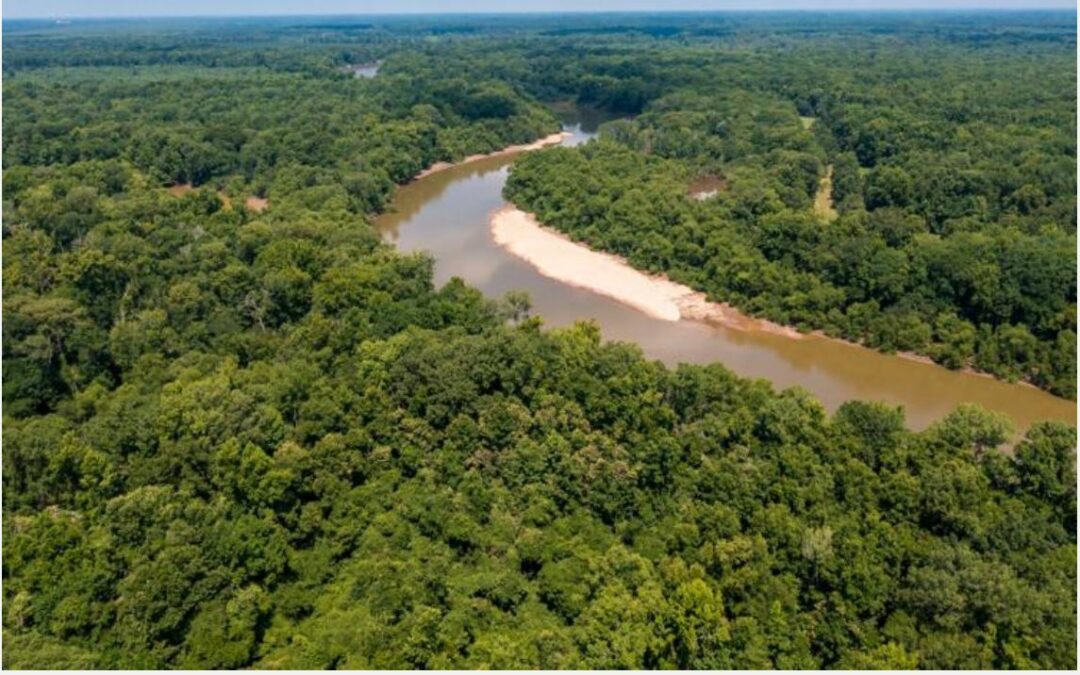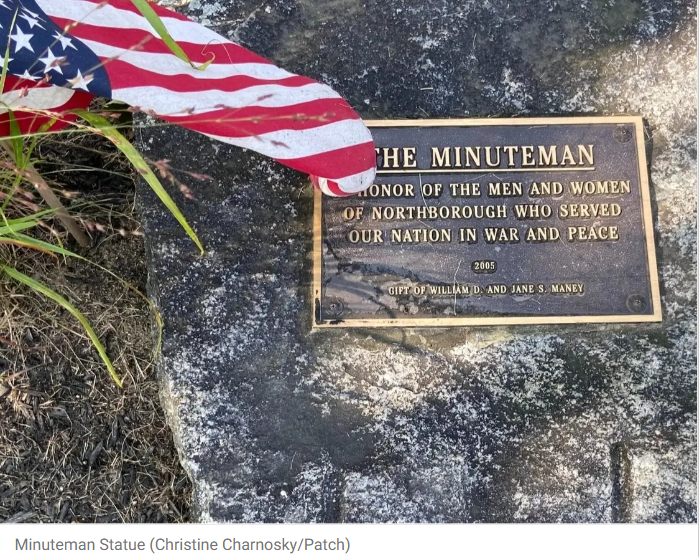SOUTH CAROLINA: Snow’s Island Was Pivotal in Revolutionary War — Site Will Soon Be Open to the Public
FLORENCE – American history will soon be at your fingertips.
A coalition of local groups announced plans to purchase Snow’s Island, ground zero for Gen. Francis Marion during the Revolutionary War and a key site in South Carolina and U.S. history.
The property will be transferred to the state and open to the public, meaning future generations can explore the land where Marion and his troops once lived as they fought off British soldiers.
“Florence County is on the move to correct a fault and to begin to conserve our natural resources, with the first being Snow’s Island,” Florence County Council Chair William Schofield said at a July 18 announcement.
The purchase is part of a massive 7,600-acre tract of land at the confluence of Lynches River and the Pee Dee River. It represents the largest land conservation project in Florence County history, according to a news release.
The announcement was made after Florence County Council members approved $1.5 million to help acquire the land, known as the Snow’s Island Assemblage.
Florence County, the Open Space Institute, the South Carolina Office of Resilience, the Darla Moore Foundation and the Knobloch Family Foundation are all pitching in.
The Open Space Institute, a national land conservation organization, is organizing the coalition and will officially take possession of the land this fall, according to a release. OSI will transfer the property to the South Carolina Department of Natural Resources in 2025, making it public.
“The importance of this property is showcased by the range of partners that have come together to protect it, and when it is protected, it will be safeguarded for current and future generations to enjoy and cherish,” Gov. Henry McMaster said in a press release.
The property is made up of Snow’s Island — a 5,000-acre inland island — as well as a 2,600-acre timber tract nearby. The area is primarily composed of forested wetlands. It boasts more than 60 miles of river and creek frontage.
But the crown jewel is the island, the site of Francis Marion’s headquarters during a crucial part of the Revolutionary War.
From the island, Marion and his men slept, ate and planned their raids on British forces. The Colonial troops harassed their opponents with guerilla tactics — quick strikes that disrupted supply lines or routed small groups of loyalists.
When Marion’s men had finished their work, they disappeared back into the shadowy swamp.
In 1781, the British army finally located and destroyed the camp.
Historians have launched archaeological efforts to locate the exact site of the camp, with some success. They uncovered Colonial objects such as pewter spoons, glass, buttons and kettle fragments in the area, but it remains unclear where the men were exactly.
At a recent presentation, Francis Marion University Professor William Bolt said Marion deserves credit for helping win the Revolutionary War.
“We can only wonder how different things might have been for the colonists, how different our lives might be today, were it not for Francis Marion,” he said.
The land also hosts a wide variety of natural features.
It’s home to swamp tupelo, bald cypress and wildlife species such as the swallow-tailed Kite and spotted turtle, according to the Open Space Institute.
The forested wetlands are important for flood mitigation and resilience due to the extensive forested floodplain.
“This project checks all the boxes for the South Carolina Office of Resilience to protect the people and property of South Carolina from the damage and destruction of flooding,” said Ben Duncan, SCOR’s Chief Resilience Officer, in a statement.
Protecting these low-lying, flood-prone properties can help shield nearby communities, economies and ecosystems from flood impacts, he said.
Just 1.8 percent of Florence County’s land is conserved, one of the lowest percentages in the Pee Dee. The addition of Snow’s Island will nearly double the amount of protected land in the county, according to the release.
The purchase comes after Florence County, OSI, Pee Dee Land Trust and the Darla Moore Foundation agreed to protect Independence Farms, a 498-acre property on the Lynches River, last year. The county plans to use the area for outdoor recreation.
“We must make a more concerted effort to protect our counties for future generations, with properties just like Snow’s Island, so that they can enjoy what we’ve all enjoyed growing up with,” Schofield said.
–postandcourier.com



